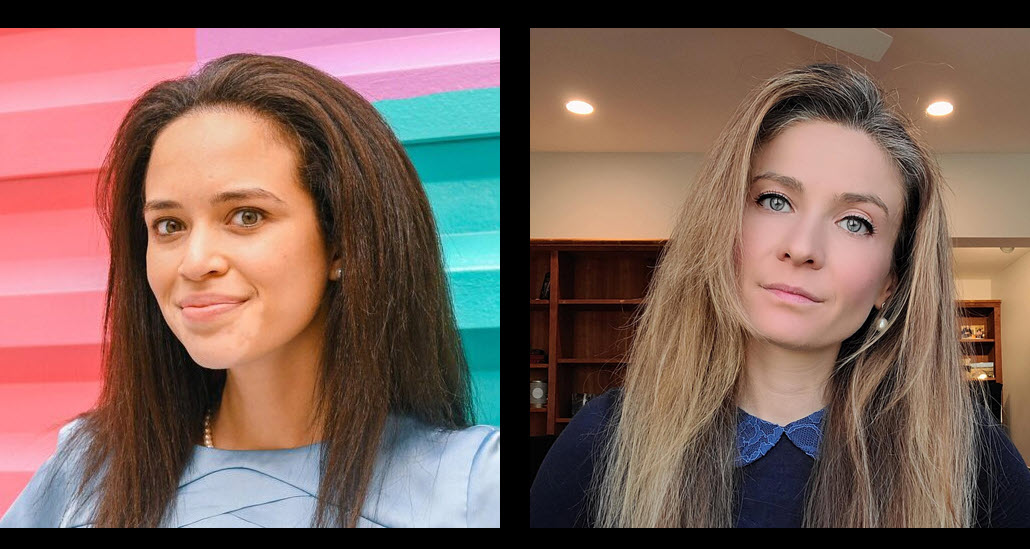

Recent polling by Data for Progress for the Appeal taken between March 5 and March 7 found public opinion since the murder of George Floyd, has shifted to support for alternatives to policing and the ways in which communities can reimagine safety outside of armed officers.
They found, “As many as half of the individuals killed by law enforcement have a disability; and people with an untreated mental illness are 16 times more likely to be killed during a police encounter. Emergency First Responder (EFR) programs differ from place to place, but the purpose is the same: armed law enforcement is often not the best tool for responding to a range of requests for emergency assistance.”
A new national poll from Data for Progress and The Lab, a policy vertical of The Appeal, “shows overwhelming support among likely voters for creating non-police emergency first responders to handle emergency calls that involve mental health issues, substance use disorders, health and safety check-ins, and people experiencing homelessness—and to reallocate law enforcement funding in order to do so.”
To discuss these polling results, Everyday Injustice spoke with Alana Sivin and Emily Galvin-Almanza of the Appeal.
Alana Sivin is a Senior Legal Analyst and Co-Host of Appeal Live. She previously served as Senior Legislative Counsel to the Criminal Justice Committee at the New York City Council, where she focused primarily on drafting legislation intended to reduce incarceration and improve jail conditions. Prior to that experience, she worked as public defender at New York County Defender Services in Manhattan, where she represented indigent New Yorkers charged with crimes.
Emily Galvin-Almanza is a Senior Legal Analyst and Co-Host of Appeal Live. She worked as a public defender for most of a decade, first in California and then in New York. Emily is also the co-founder and executive director of Partners For Justice, a nonprofit that trains and places college graduates in public defenders’ offices to fight the enmeshed penalties of legal-system involvement, obtain access to vital services, and make low-income community members’ voices heard.
*The interview was conducted after the death of Daunte Wright but before the verdict in the Derek Chauvin case.
To sign up for our new newsletter – Everyday Injustice – https://tinyurl.com/yyultcf9
Support our work – to become a sustaining at $5 – $10- $25 per month hit the link:
